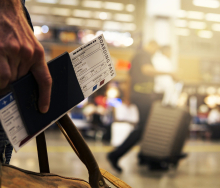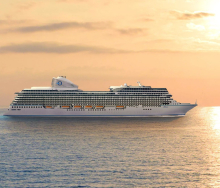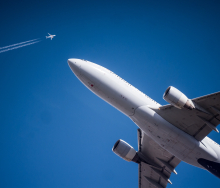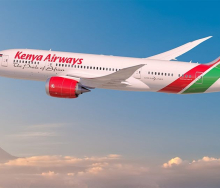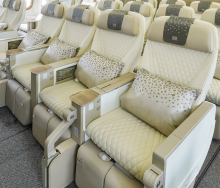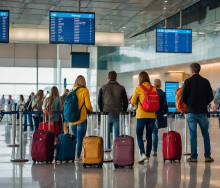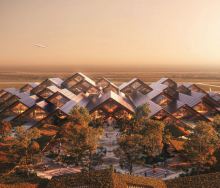Amsterdam Schiphol Airport will increase its airport charges by 37% over the next three years, making it Europe's second-most-expensive airport. And stakeholders are not happy about the increases.
KLM, Schiphol's largest airline partner, has responded critically, with CEO Marjan Rintel labelling the increases “unreasonable and unwise”.
The charges, which will rise by 41% in 2025, 5% in 2026, and then decrease by 7,5% in 2027, will help fund Schiphol’s €6 billion (R114,6bn) infrastructure investment plan.
The plan aims to improve passenger services, modernise facilities, and enhance working conditions. The increases, driven by high inflation, rising interest rates, and pandemic-related financial losses, will no doubt impact ticket prices as costs are passed on from airlines to travellers.
The airport management says the fees are structured to reduce noise pollution by incentivising the use of quieter aircraft, especially at night. Newer, quieter aircraft will incur lower fees, while older, noisier models will see higher charges, especially for night flights, which will cost three to six times more than daytime operations. Starting in 2025, the noisiest aircraft will be banned entirely.
Rintel argues that the added costs could undermine Schiphol's competitiveness as a global hub, raising ticket prices and potentially affecting the Netherlands’ connectivity and its economy.
While KLM supports Schiphol’s goals for improved passenger experience and reduced noise, it argues that the financial burden should not fall so heavily on airlines and travellers, especially given the recent 40% tariff increase over the past three years.


